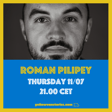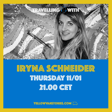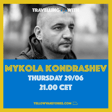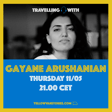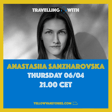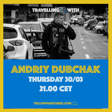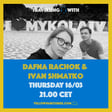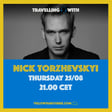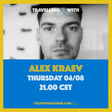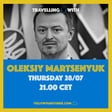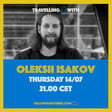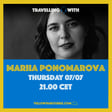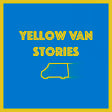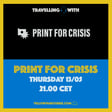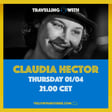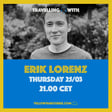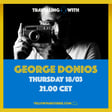
Anna Pykhtina "Home's Strong Calling"
Anna Pykhtina is a communication and PR expert from Kyiv, Ukraine, focusing on Ukrainian NGO work and civic education, currently living in Warsaw, Poland. After the outbreak of the war, Anna and her boyfriend fled Ukraine to Poland, where they are currently living with friends. Anna was the president of AEGEE-Kyiv, Europe's biggest interdisciplinary student organization. She has been travelling extensively in Europe and is, I think it is safe to say, a strong proponent of the European idea. Additionally, she worked for the Free Russia Foundation, which supports civic society and democratic development in Russia, for almost two years and has, therefore, many Russian acquaintances and friends. Anna's work and experience are exceptional and I couldn't be happier to have her on board the Yellow Van today to hear her opinions and perspectives on a variety of topics.
Welcome to the Yellow Van, Anna!
SHOW NOTES
Anna's Reading List
INITIATIVES TO SUPPORT
NGO "Girls"
USCD
Timothy D. Snyder, American historian
Eurotrip, USA 2004, Jeff Schaffer
Free Russia Foundation
Tango of Death, Yuriy Vynnychuk
Tiger Trappers, Ivan Bahriyanyi
Maria Berlinska, Ukrainian film producer
MUSIC
Love In The Face Of Fear, Jim Kroft
Yellow Van Stories is a Mind The Bump Production
Yellow Van Stories is a Mind the Bump Production.
